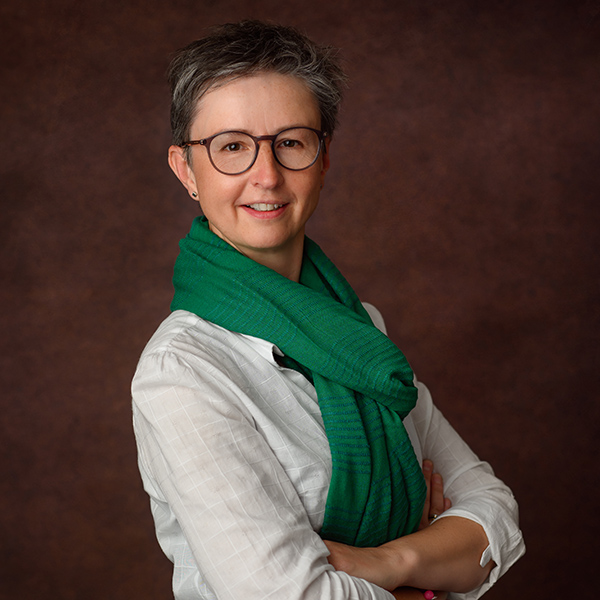
English native speaker, working in EFL in Poland since 1998 : “ I had planned to stay for only a year!”
I’ve taught English to all ages and levels, though for the past decade or so I’ve been more involved with young learners. I still haven’t perfected my Polish – grammar issues aside – pronunciation is a killer! It’s really interesting for me to note the problems that learners at all levels, not just kids, have with this as I see a reflection of my own difficulties, I too feel the frustration when I can’t produce that sound! That’s why I decided take a closer look at pronunciation in my classroom, what can I do to help my students make progress whilst keeping the activity sociable and enjoyable, resulting in more confidence when communicating in English.
In this workshop I’d like to share some ideas for developing learners’ pronunciation. Perhaps we’re a bit scared of it (who remembers studying intensive phonetics at university?), but let’s not pretend that starting early doesn’t make a difference. There are numerous brain-friendly techniques out there that, mindful of our students’ energy levels, can be introduced to liven up or settle a class.
For many years, I’ve been calling this moment in my lessons “elasticplasticfantastic”, highlighting the fact that it’s also a physical thing - we need to consciously work on pronunciation, intonation patterns, sentence flow.
We’ll look at – and practice - a series of ‘mouth movement’ and body awareness exercises, enjoyable ways to help our students produce those English sounds that can be quite difficult for Polish speakers.